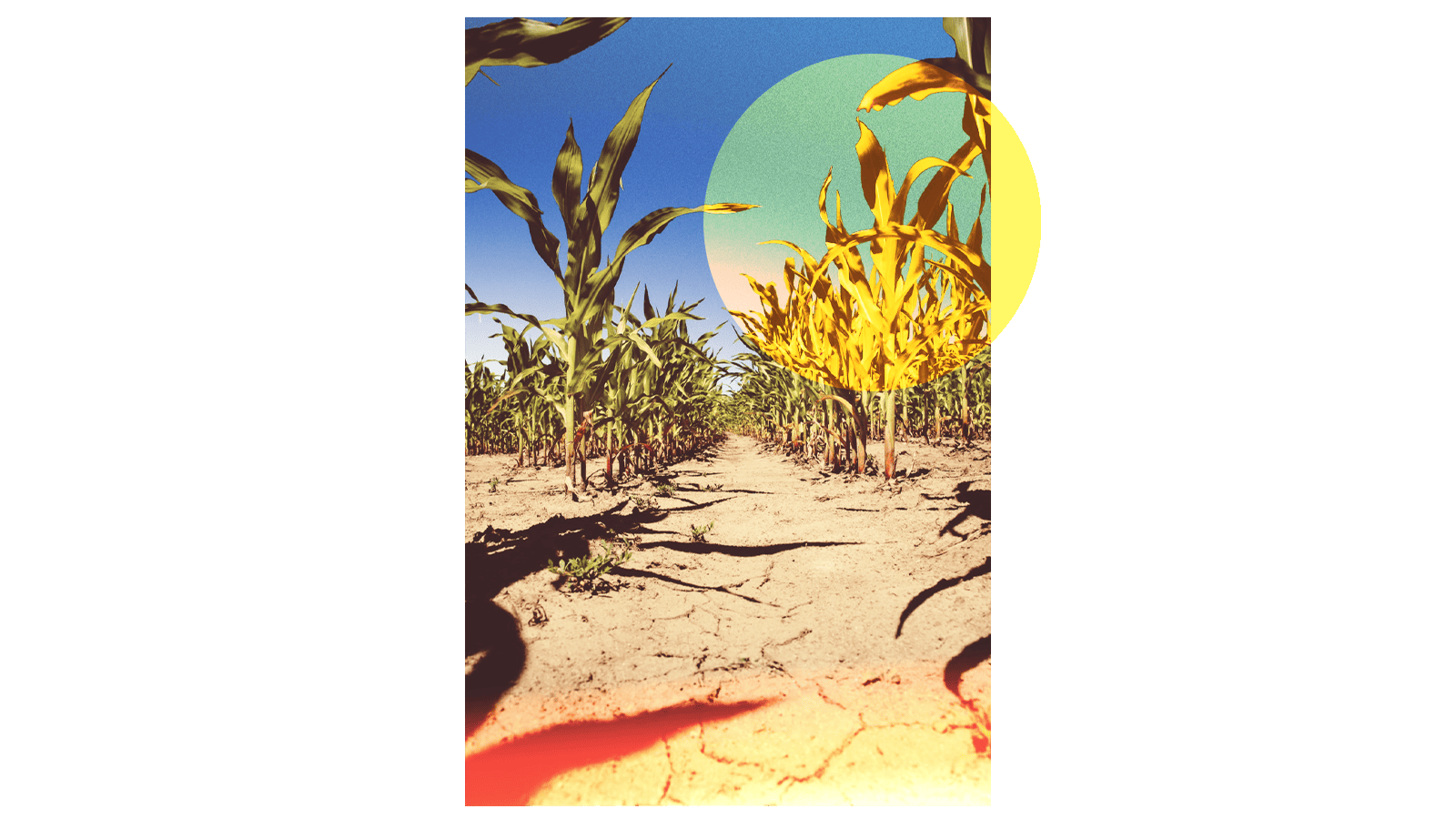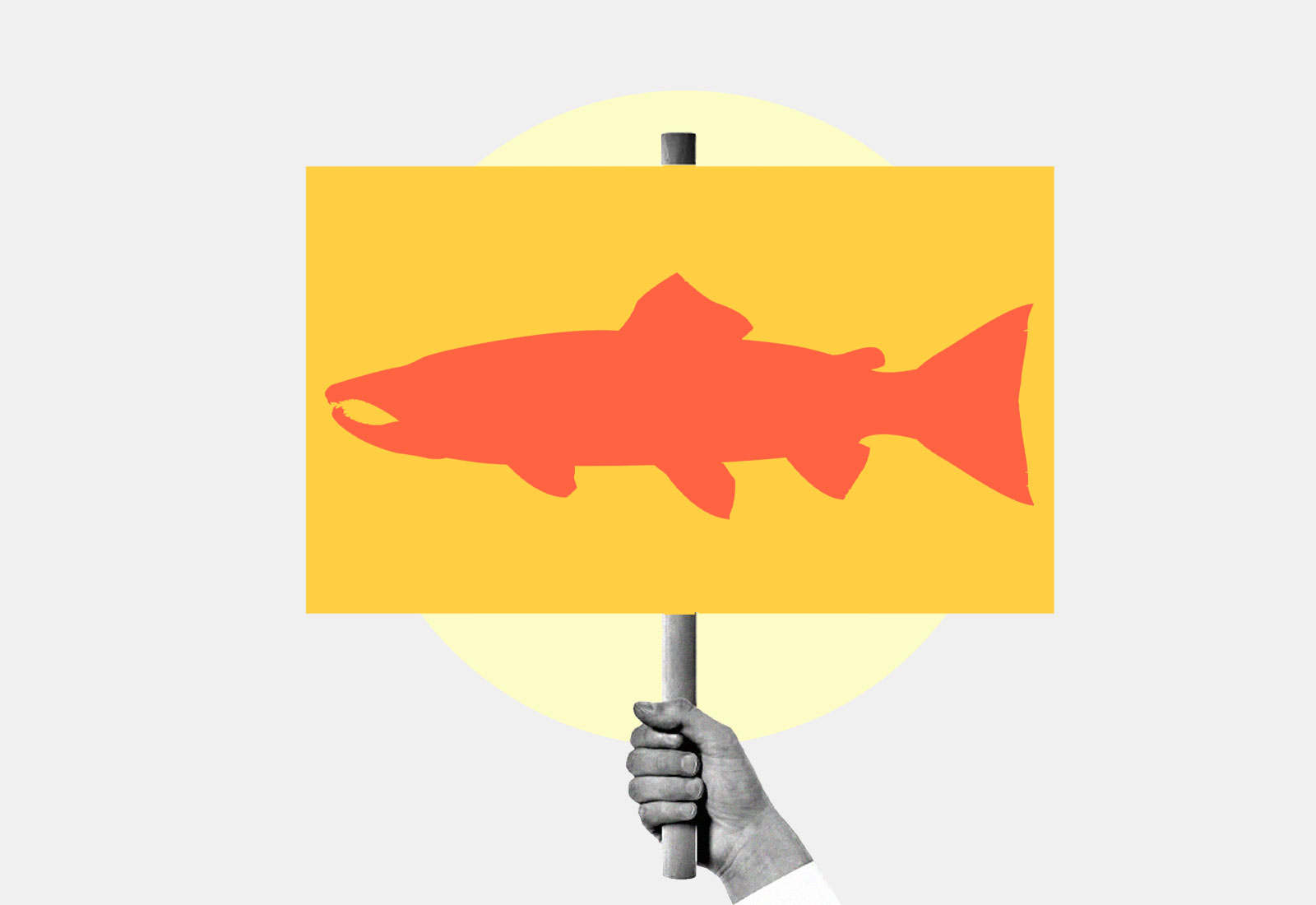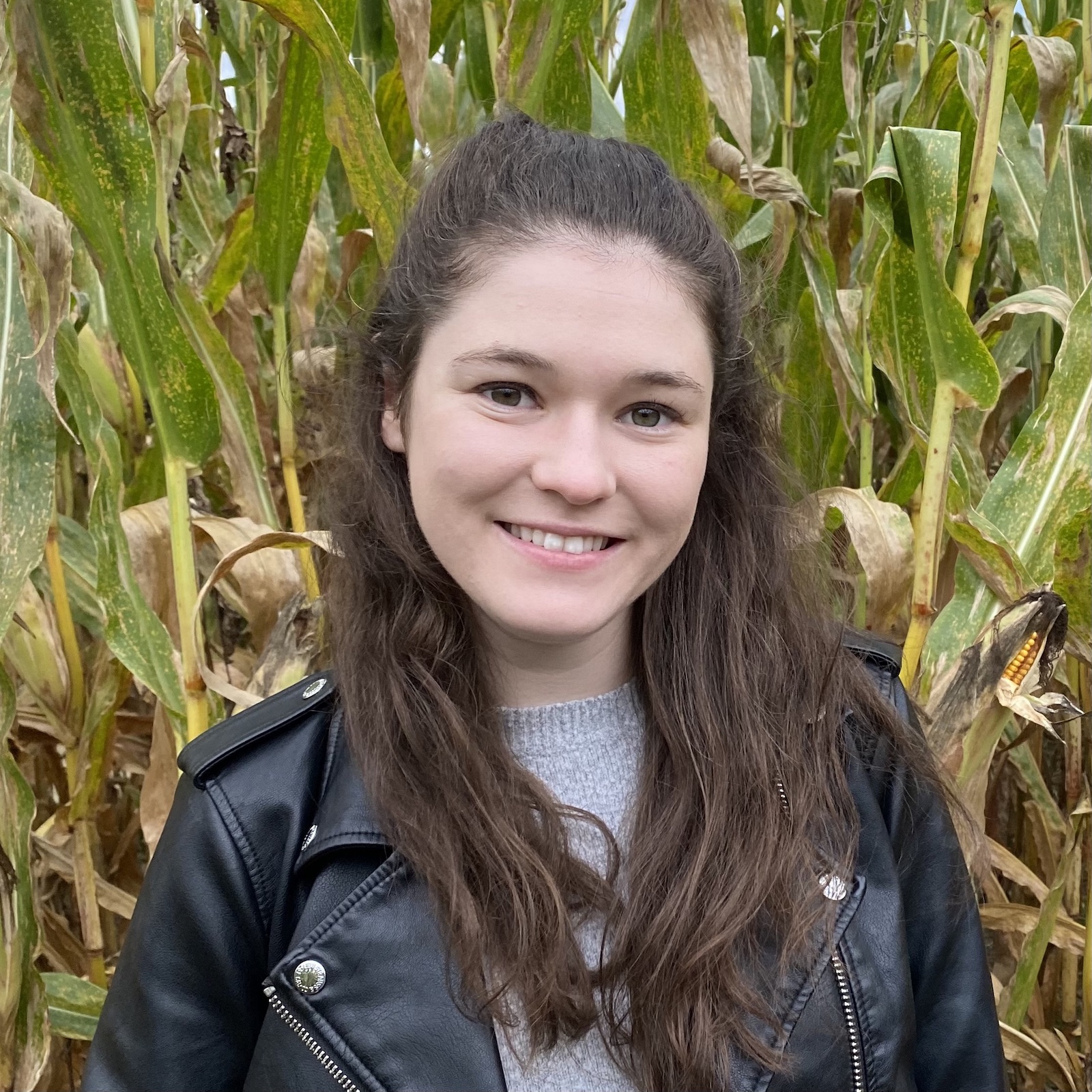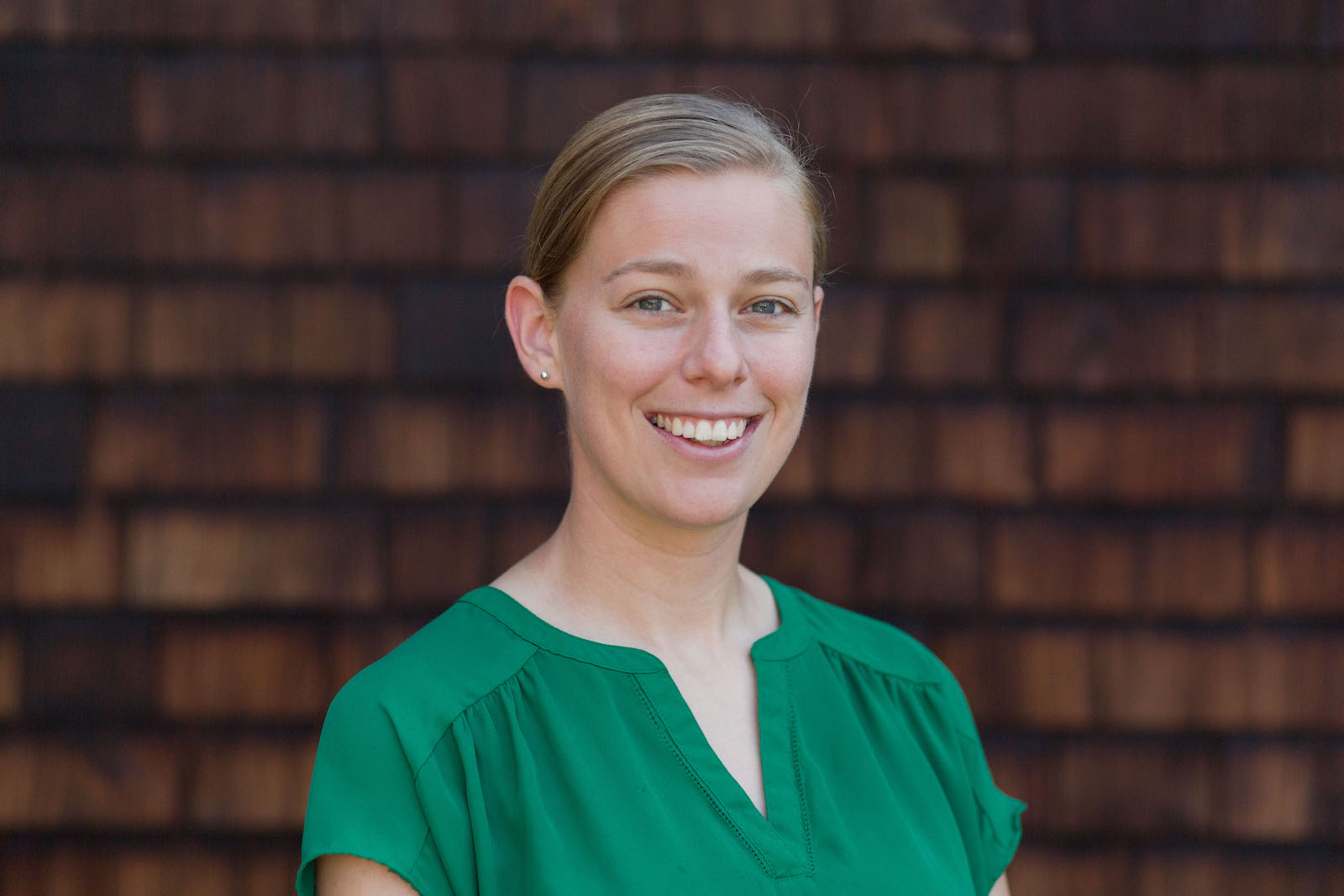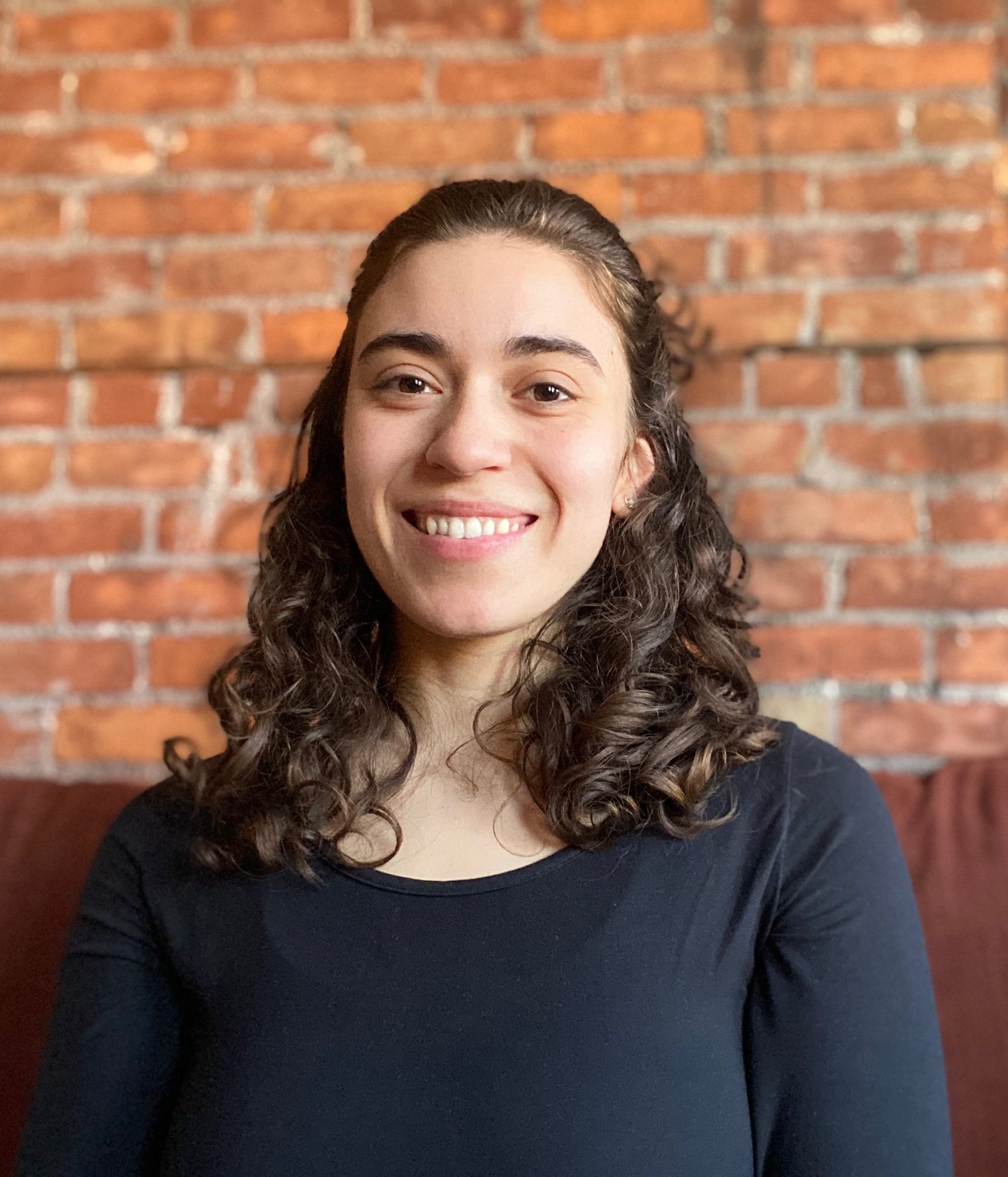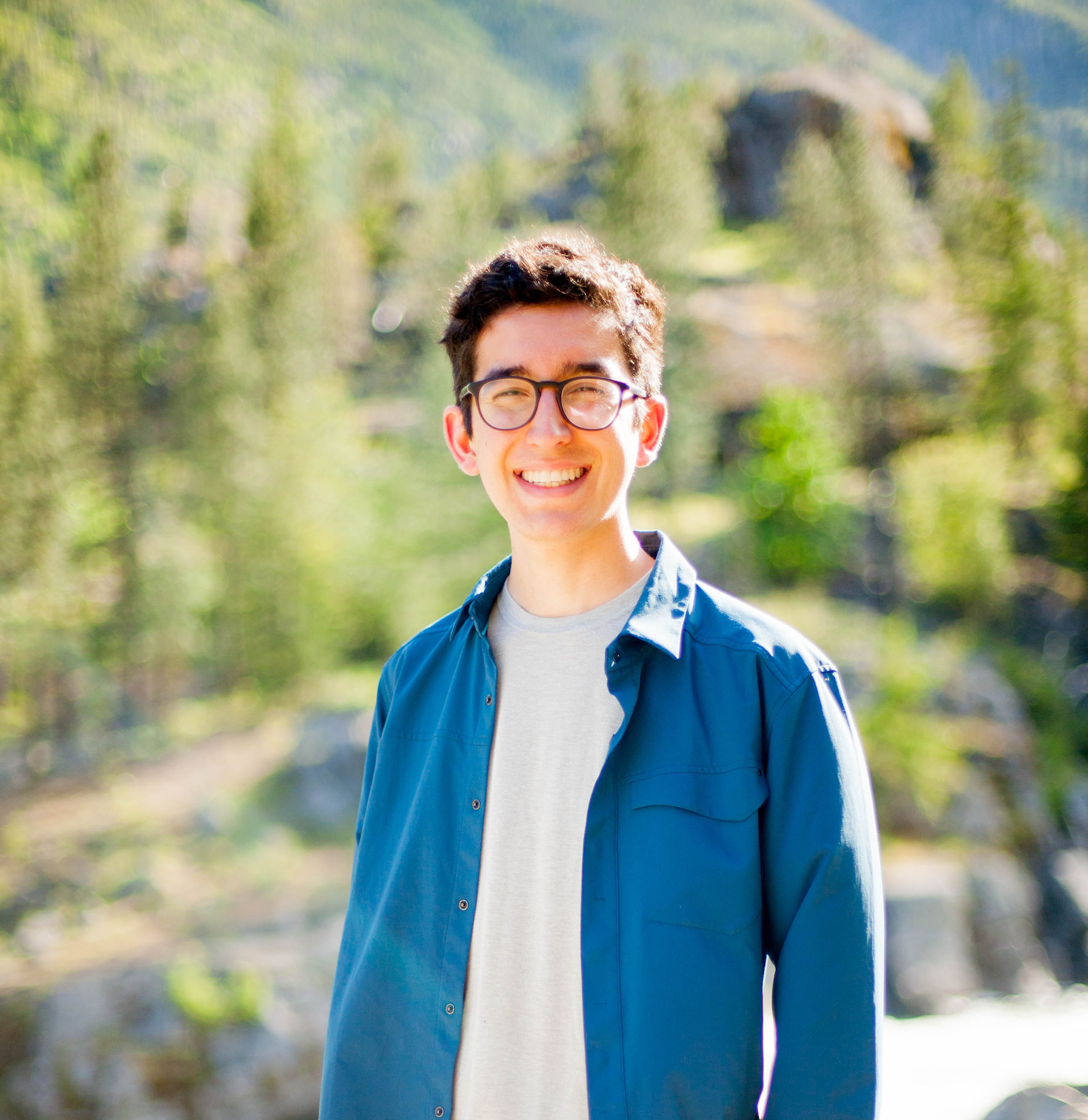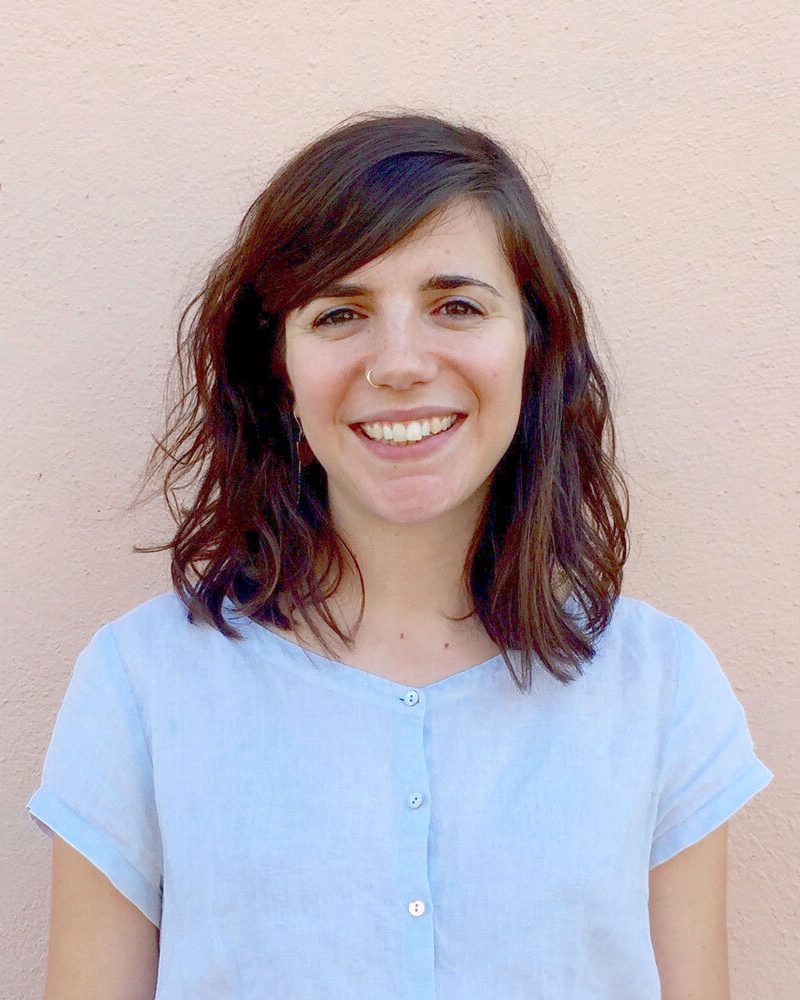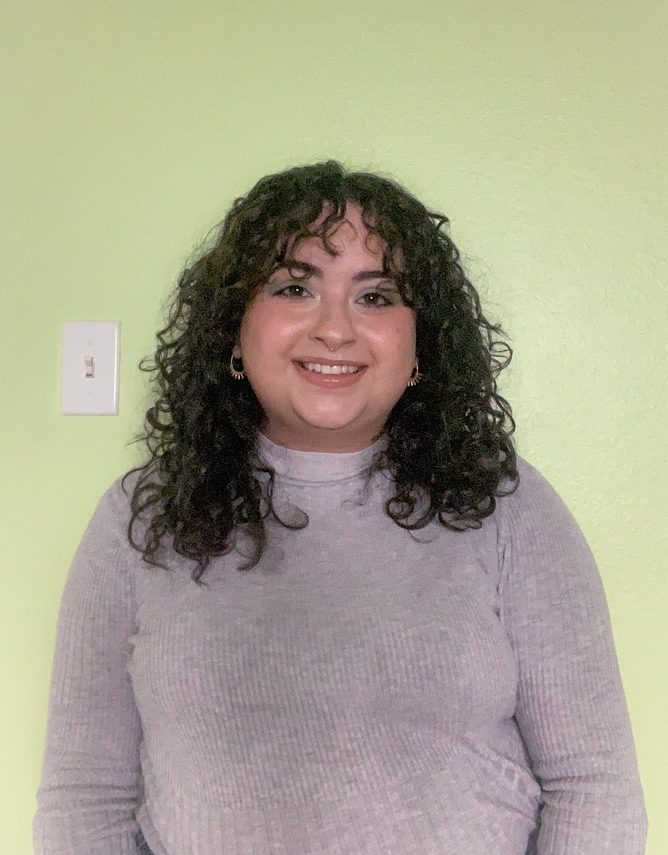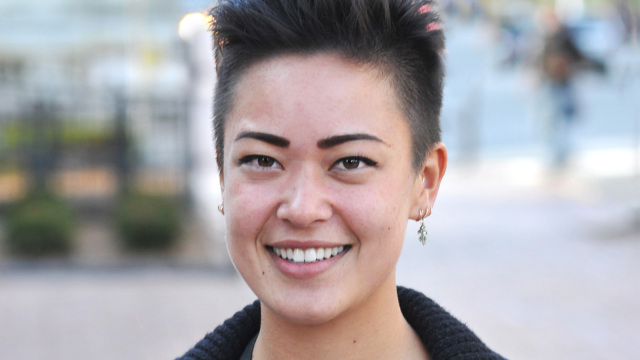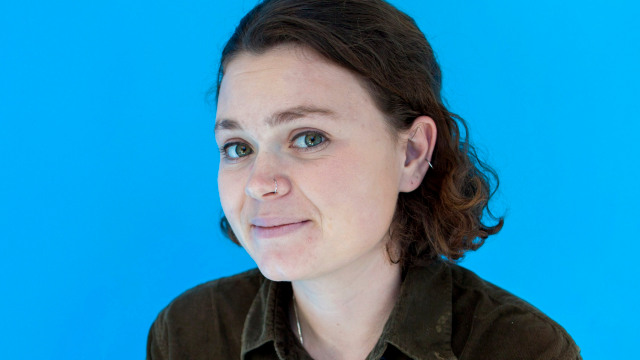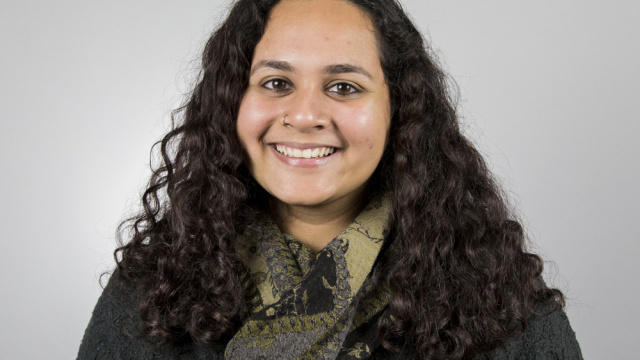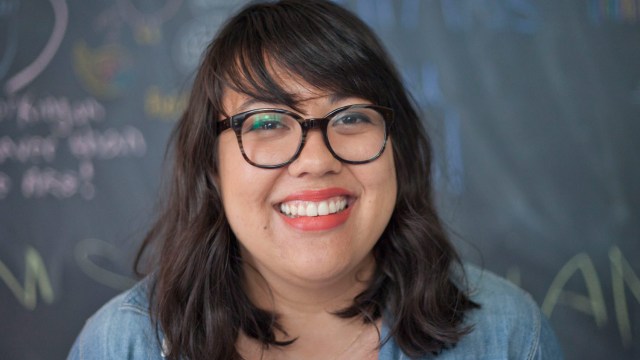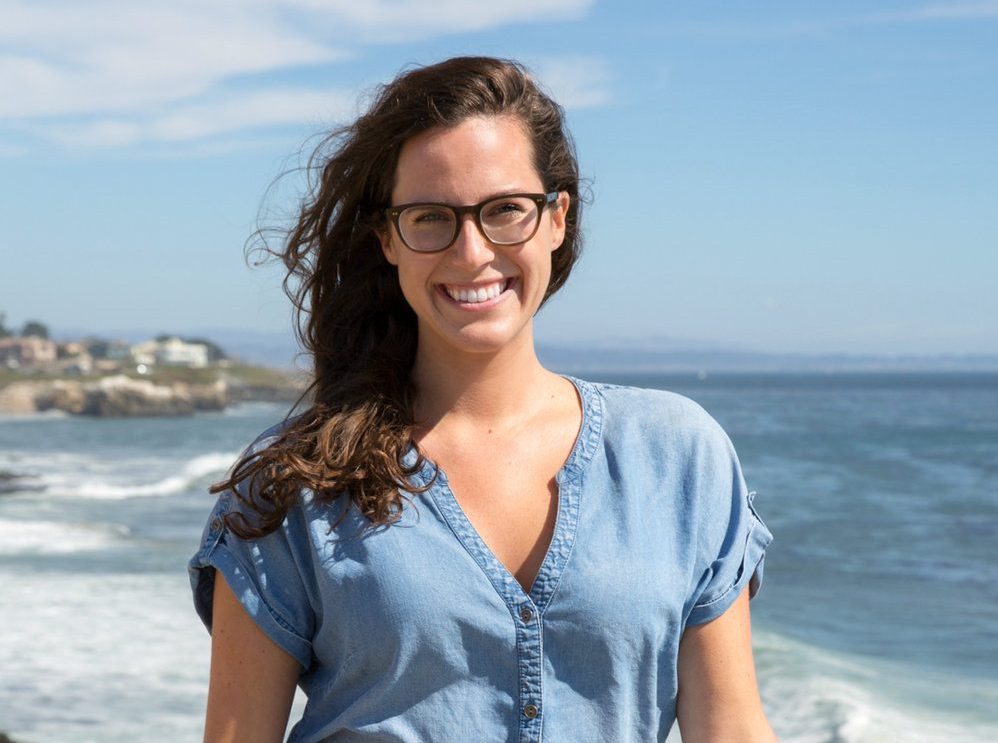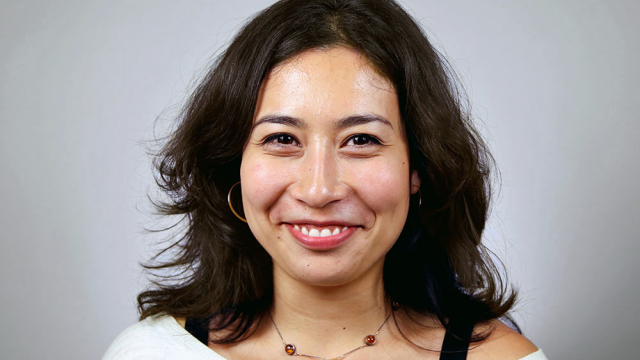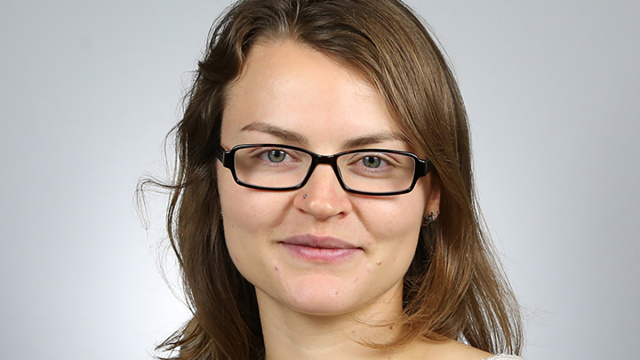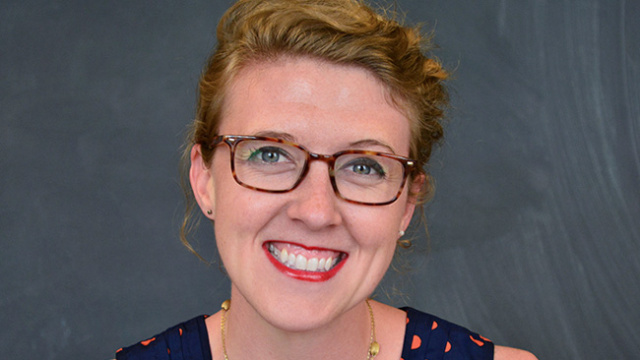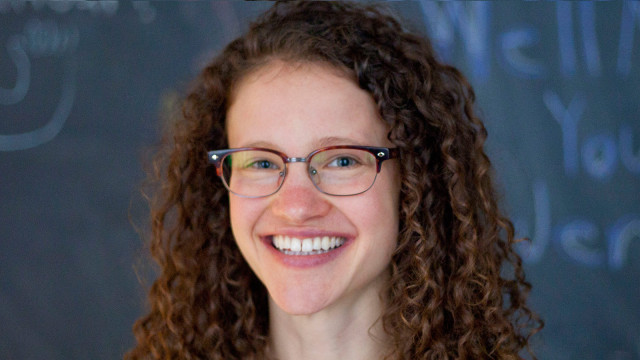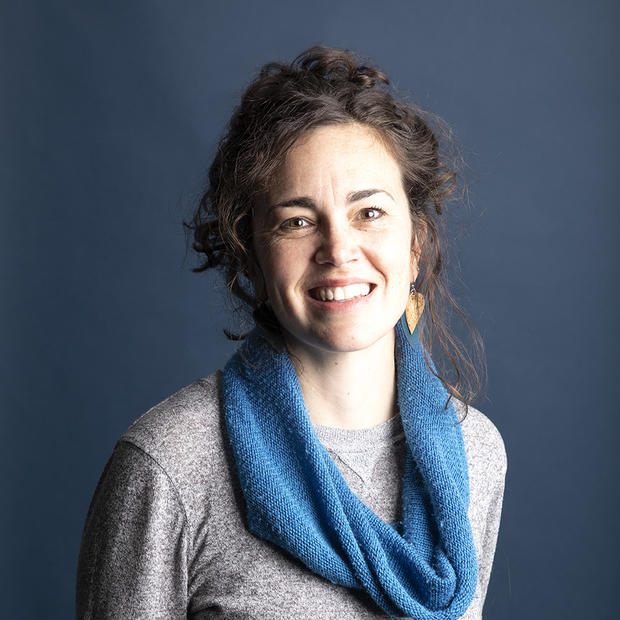
About
Want to grow as a journalist while absorbing a universe of environmental knowledge?
The Grist Fellowship Program is a paid opportunity to hone your skills at a national news outlet and deepen your understanding of environmental issues. The experience is designed to give early-career journalists with a demonstrated interest in environmental issues the experience to succeed in climate and environmental media. We offer real-world experience at a fast-paced news site, training in a variety of skills key to a journalism career, and exposure to the leading sustainability thinkers and theories of our time.
After a year of working full-time at Grist and gaining key skills in environmental journalism, fellows have gone on to outlets including The Atlantic, Capital B, The Verge, Wirecutter, Outside, Atlas Obscura, Greentech Media, and of course, Grist.
Have a question about our fellowships? Scroll down to read our Frequently Asked Questions, and to see some of our past fellows and their work.
The deadline to submit applications for our six 2023-2024 fellowships is 11:59 p.m. PT on December 19, 2022. Applications submitted after the deadline will not be considered.
The fellowships run March 1, 2023 to February 29, 2024.
Environmental Justice Fellow
Indigenous Affairs Fellow
News & Politics Fellow
Food & Agriculture Fellow
Climate Solutions Fellow
Data Fellow
Current Fellows
Blanca Begert; John McCracken; Brett Marsh; Jessie Blaeser; Joseph Lee Avery Nunn;
Work
Past Fellows
Lina Tran; Marigo Farr; Diana Kruzman; Chad Small.; Julia Kane.
Jena Brooker; Joseph Winters; Mark Armao; Maria Paula Rubiano A.
Alexandria Herr; Adam Mahoney; Brianna Baker
Emily Pontecorvo; Myrka Moreno; Justine Calma; Rachel Ramirez; Sabrina Imbler; Raven Rakia
Molly Enking; Paola Rosa-Aquino; Angley Mercado; Greta Moran; Greta Jochem; Zoe Sayler
Vishakha Darbha; Angela Fichter; Ana Sofia Knauf; Samantha Larson; Melissa Cronin; Emma Foehringer Merchant
Clayton Aldern; Eve Andrews; Amy McDermott; Suzanne Jacobs; Madeleine Thomas; Xian Chiang-Waren
Sara Bernard; Amber Cortes; Sam Bliss
FAQ
Q: Who is the Grist Fellowship Program for?
A: Grist aims to help train the next generation of environmental journalists and storytellers. The Grist Fellowship Program is designed to provide newsroom experience for early-career journalists who have a demonstrated interest in environmental and climate journalism and media. Maybe you already have a journalism fellowship or two under your belt, and now want to pivot toward environmental reporting. Maybe you’re a scientist with strong writing chops who wants to reach new audiences. Perhaps you recently graduated from journalism school, or ran your school paper while you were in undergrad. You might even be a freelancer with several years of reporting experience, looking to learn what it’s like to work in a newsroom environment.
Regardless of what brings you to our Fellowship Program, if a Grist fellowship could benefit your environmental journalism career, we’d love to hear from you. We especially encourage applicants from underrepresented backgrounds to apply, and encourage you to be in touch with us if you have questions. (fellowships@grist.org)
Q: What types of fellowships does Grist offer?
A: Grist offers six year-long fellowships. All fellows are a part of Grist’s award-winning editorial team.
Q: When and how often does Grist hire fellows?
A: Grist yearly fellowship begins in spring (typically March) and lasts for 12 months. Applications open in November and will close in December.
Q: When is the deadline to apply?
A: The application window for Grist’s 2023-2024 fellowships opens November 9, 2022 and closes December 19, 2022. You can apply on Smart Recruiter. Please follow the instructions in the job description for each fellowship here.
Q: I’ve applied to the Grist fellowship before. Should I apply again?
A: Absolutely! If you weren’t accepted the first time you applied, it often helps to go back and get a bit more experience before applying again in a later round. If you were not accepted for a fellowship round and would like feedback on what could have made your application stronger or closer to what we were looking for, you can write to us and we will make our best effort to get back to you within a few weeks. It’s also good to note that some folks who become Grist fellows only succeeded after their third or fourth attempt. Persistence can pay off.
Q: Can I apply to more than one Grist fellowship at the same time?
Yes. You can apply to multiple fellowships in a given cycle as long as you meet the specified qualifications for each position.
Q: How long is a fellowship at Grist?
A: We ask fellows to make a 12-month, full-time commitment.
Q: Is the fellowship compensated?
A: The annual base salary for these positions is $50,000. As limited-term employees, fellows and their eligible dependents are also eligible to participate in Grist’s health benefits programs. All fellows will receive a company laptop for the duration of their time at Grist.
Q: Where can fellows work? Can it be outside of the United States?
A: Fellows must have a U.S. address and be eligible to work in the U.S. That being said, they can work remotely from a location of their choosing, provided they can match Grist’s core working hours. Depending on COVID-19 safety guidelines, fellows may also have the option of working in Grist’s Seattle headquarters or New York office space. Fellows are not required to relocate and remote work is always an option for fellows.
Q: What kind of work will I do during the fellowship?
A: Typically, fellows are asked to write a few short-form stories or pieces of news analysis each week, contribute regularly to Grist’s newsletter products, and also have the opportunity over the course of their fellowship to work on an enterprise or feature story.
Q: What concrete skills will I walk away with after completing the Grist fellowship?
A: Our biggest priority is to immerse fellows in the topics of climate, justice, and solutions while building their skills as journalists. Fellows will become fluent in the environmental news of the day; solutions being developed by governments, the private sector, and communities; and the critical role of equity in all environmental issues and potential solutions. Fellows learn how to work in a busy, distributed newsroom, and by being paired with a main editor and ancillary editors, get exposure to different editing styles. Fellows also have the opportunity to participate in weekly journalism trainings on a range of journalism skill areas, from filing FOIA requests to data visualization to cultivating relationships with sources.
Q: Where do fellows go after Grist?
A: Fellows have gone onto national outlets including The Atlantic, Capital B, CNN, The Verge, Wirecutter, The New York Times, Outside Magazine, Atlas Obscura, Greentech Media, along with a range of local publications like Crosscut in Seattle and the Daily Hampshire Gazette in Massachusetts. We work with fellows over the course of their fellowship to understand their career aspirations, and make introductions and consult on next career steps in the latter months of the fellowship.
Q: Where can I learn more, and how do I apply?
A: Always visit grist.org/fellowships for the latest information on upcoming application deadlines. To apply, check out the links to all our job open positions (including fellowships) here.
Q: Who can I be in touch with, if I have questions?
A: You can write to us anytime at fellowships@grist.org if you have general questions. We’d welcome the chance to be in touch!








